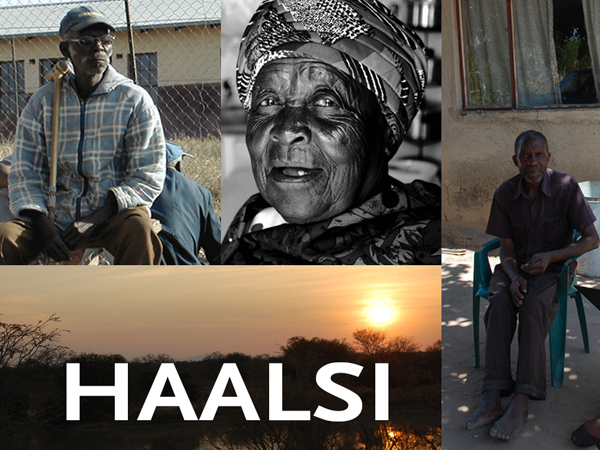South Africa has introduced regulations to reduce sodium in processed foods. Researchers affiliated with the HAALSI study have found that spot urine samples, a less expensive (and less complicated) method of assessing salt consumption, are a viable alternative to the standard 24-h urine collection method for evaluating the population median 24hrUNa excretion. The findings, published in the Journal of Hypertension, “could play an important role for governments and public health agencies in evaluating local salt regulations and identifying at-risk populations.”
HAALSI study evaluates less expensive and easier to implement method to assess salt consumption at the population level in rural South Africa
